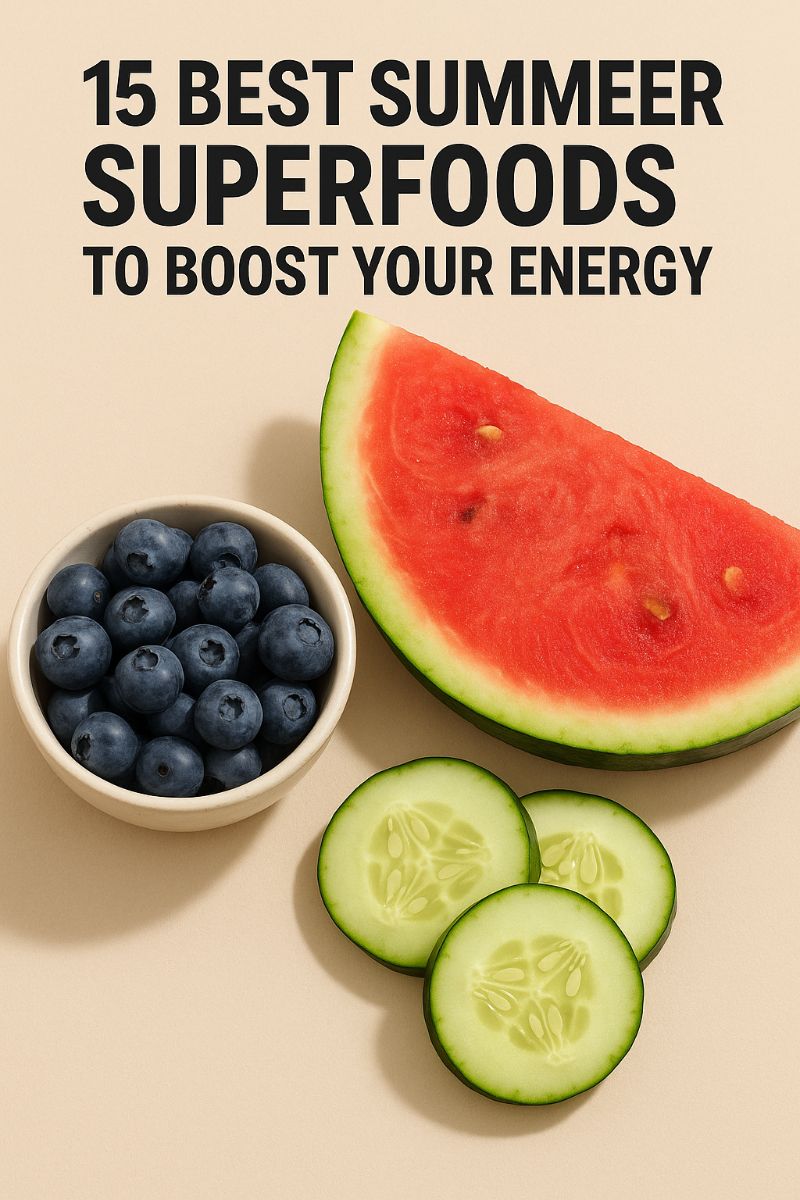6. Citrus Fruits: Vitamin C for Vitality
Citrus fruits like oranges, grapefruits, and lemons are excellent sources of vitamin C, an antioxidant that supports the immune system and helps reduce fatigue. A single orange can provide up to 70 milligrams of vitamin C, which is more than 100% of the daily recommended intake.
These fruits are also hydrating and contain natural sugars that provide a quick energy boost. The fiber in citrus fruits, about 3 grams per medium orange, helps regulate blood sugar levels, ensuring a steady supply of energy.
7. Nuts and Seeds: Protein-Packed Energy Snacks
Nuts and seeds, such as almonds, walnuts, and sunflower seeds, are rich in healthy fats, protein, and fiber, making them excellent snacks for sustained energy. A quarter-cup serving of almonds contains about 7 grams of protein and 4 grams of fiber.
These nutrient-dense foods are also high in magnesium, a mineral that plays a key role in energy production and muscle function. Including a variety of nuts and seeds in your diet can help keep you energized throughout the day.
8. Greek Yogurt: Probiotic-Rich Energy Boost
Greek yogurt is a great source of protein, with a typical serving containing around 15-20 grams. This high protein content helps keep you full and provides a steady release of energy.
In addition to protein, Greek yogurt contains probiotics, which support gut health and enhance nutrient absorption. The calcium and vitamin D in yogurt also contribute to bone health, making it a well-rounded choice for an energy-boosting snack or breakfast.
9. Quinoa: The Complete Protein Grain
Quinoa is a unique grain because it contains all nine essential amino acids, making it a complete protein. A cup of cooked quinoa provides about 8 grams of protein and 5 grams of fiber, which help maintain energy levels and support muscle repair.
This versatile grain is also rich in magnesium, iron, and B-vitamins, all of which are important for energy production. Quinoa can be used in salads, bowls, or as a side dish, making it an easy addition to your summer meals.
10. Tomatoes: Lycopene-Rich Energy Enhancer
Tomatoes are a rich source of lycopene, an antioxidant that has been linked to reduced inflammation and improved heart health. A cup of cherry tomatoes provides about 2 milligrams of lycopene.
In addition to lycopene, tomatoes are high in vitamin C and potassium, both of which support energy metabolism and muscle function. Whether eaten fresh, roasted, or in sauces, tomatoes are a delicious and nutritious way to boost your energy.
11. Bananas: The Quick Energy Fix
Bananas are a convenient and quick source of energy, thanks to their high carbohydrate content. A medium banana contains about 27 grams of carbohydrates, which are easily digestible and provide a rapid energy boost.
Bananas are also rich in potassium, with about 400 milligrams per fruit, which helps prevent muscle cramps and supports muscle function. Their natural sugars and fiber content make bananas an ideal pre- or post-workout snack.
12. Sweet Potatoes: Complex Carbs for Lasting Energy
Sweet potatoes are an excellent source of complex carbohydrates, which provide a slow and steady release of energy. A medium sweet potato contains about 23 grams of carbohydrates and 4 grams of fiber.
These tubers are also rich in beta-carotene, which the body converts into vitamin A, supporting immune function and vision. The potassium content in sweet potatoes, about 440 milligrams per serving, helps maintain electrolyte balance and muscle function.
13. Green Tea: The Metabolism Booster
Green tea is known for its metabolism-boosting properties, thanks to its caffeine content and catechins, particularly epigallocatechin gallate (EGCG). A cup of green tea contains about 30-50 milligrams of caffeine, which can enhance energy levels and focus.
The antioxidants in green tea also help reduce inflammation and support overall health. Drinking green tea regularly can provide a gentle energy lift without the jitters associated with coffee.
14. Coconut Water: The Natural Electrolyte Drink
Coconut water is a natural source of electrolytes, including potassium, sodium, and magnesium, which are essential for hydration and energy production. A cup of coconut water contains about 600 milligrams of potassium.
This refreshing drink is low in calories, with only about 45 calories per cup, and contains natural sugars that provide a quick energy boost. Coconut water is an excellent choice for rehydrating after exercise or on hot summer days.
15. Dark Chocolate: The Sweet Energy Treat
Dark chocolate, particularly varieties with at least 70% cocoa, is rich in antioxidants, including flavonoids, which have been shown to improve blood flow and reduce inflammation. A small piece of dark chocolate (about 1 ounce) contains around 12 milligrams of caffeine, providing a mild energy boost.In addition to caffeine, dark chocolate contains theobromine, a compound that can enhance mood and energy levels. Enjoying a small amount of dark chocolate as a treat can provide both a mental and physical energy lift.
